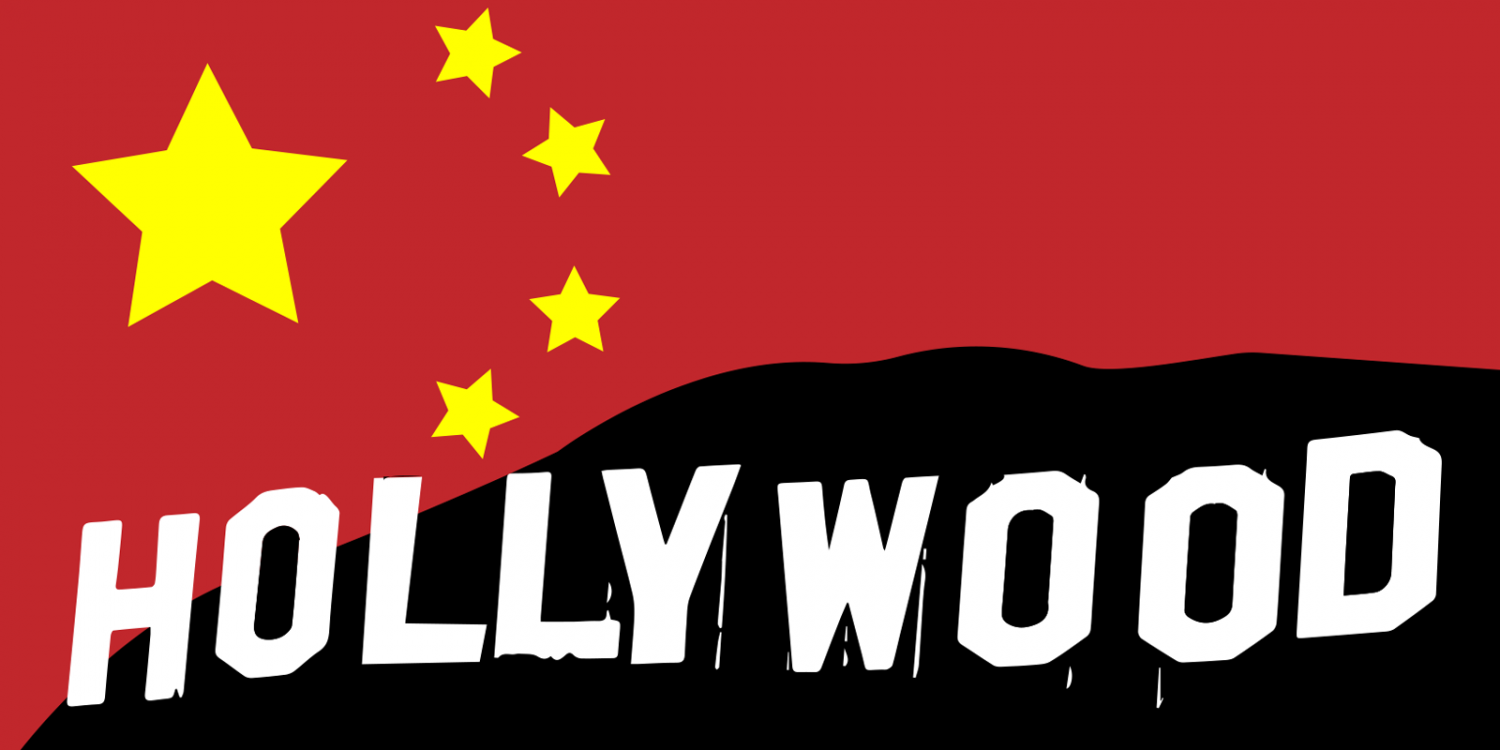As Ricky Gervais so brutally reminded the 2020 Golden Globe audience, Hollywood talks a big game about ‘progressivism’ and human rights, but they’re perfectly happy to jump in bed with the world’s worst people if the money’s right. For years, Hollywood had an unspoken rule of not being seen to criticise the Nazi regime (it wasn’t until 1940 that the Three Stooges released You Nazty Spy!, the first Hollywood film to openly mock the Nazis).
They’ve been just as happy to accommodate the Nazi Germany of the 21st century, China. Whether its not mentioning the Three Ts (Tibet, Taiwan, Tiananmen), erasing black stars from promotional material, or openly thanking the same regional authorities as are running China’s gulags in Xinjiang: there’s nothing Hollywood couldn’t do for Chinese cash.
Has all that changed?
Over the past year, producers behind some of the hottest US blockbusters have kept in scenes that could irk China’s censors, apparently less concerned about the potential loss of access to theaters across the country of 1.4 billion people.
As a result, some of the most anticipated movies released in recent months – including Top Gun: Maverick, Spider-Man: No Way Home and Lightyear – have not, and may never, hit the world’s second largest box office.
And there’s the rub: “the world’s second largest box office” isn’t the world’s largest. The world’s largest is currently a lot less tolerant of Hollywood sanctimony, and the second largest is a lot less lucrative than it used to be.
In recent months, film studios have begun to rethink the trade-off associated with appeasing censors in China, particularly as the country’s box office becomes more insular, more heavily regulated and continues to be battered by Covid-19 restrictions, according to experts.
“There is 100 per cent a shift” in how Hollywood regards Chinese censors, said Chris Fenton, former president of DMG Entertainment and author of the book Feeding the Dragon: Inside the Trillion-Dollar Dilemma Facing Hollywood, the NBA and American Business.
“Pleasing Beijing no longer guarantees big revenues in China,” he told CNN Business. “Such risk and effort no longer guarantee results, and I expect this lack of certainty to prolong this era of pushback for quite some time.”
Forget the sanctimonious preening at awards nights: the only moral compass Hollywood really follows is money. This is nothing new: in the days of Jim Crow, Hollywood churned out hundreds of “race movies”, with black and Asian casts. Many of them are actually pretty good, but they weren’t made out of any high-minded moral progressivism: Hollywood moguls realised that, thanks to segregation in theatres, there was a massive, un-tapped “coloured” audience. So, they made movies with “coloured” stars, strictly for the “coloured” theatres.
It was strictly business.
Rest assured, too, that Hollywood’s new-found independence from China’s censor is solely guided by money, money, money.
In previous years, Hollywood studios were “kowtowing to the Chinese government, doing anything and everything they could to make sure their films got in, including debasing their films and themselves”, added [Robert Cain, founder of Pacific Bridge Pictures], who has done business in China and Hollywood for more than two decades.
“You would never be able to find a single studio executive who would utter a peep that could be perceived as critical of anything about China … Now we’re in a different situation, where I think the studios, because they see China as less of a golden goose, they’re feeling more emboldened to go their own way and push back.”
CNN
But they’re only pushing back because the sort of cuts they were making to please Beijing’s censors – erasing black and homosexual characters and scenes, and Taiwan – are more likely to provoke a backlash from the world’s biggest box office.
It’s only ever been about the Benjamins. You can bet that, if Russia was a big enough box office, there wouldn’t be a blue-and-yellow profile badge to be seen anywhere in Hollywood.

